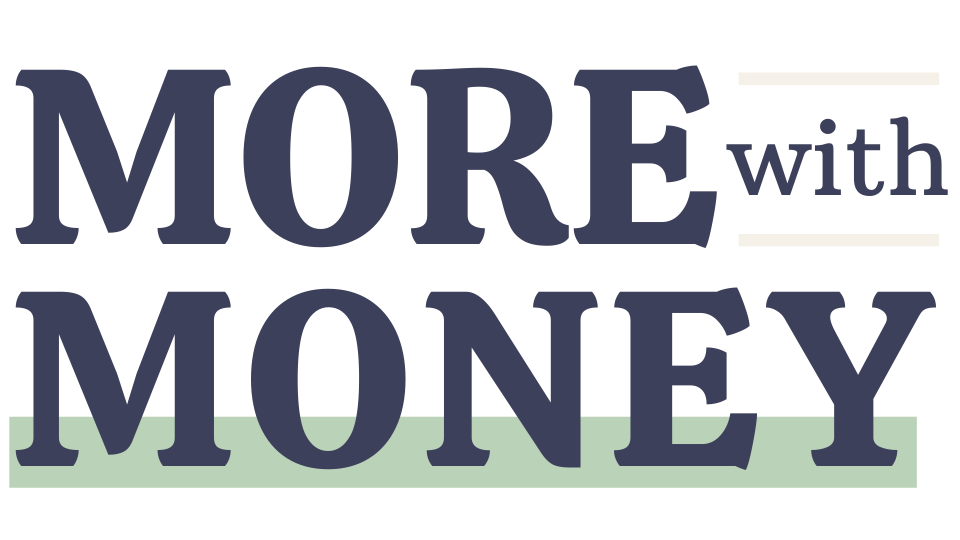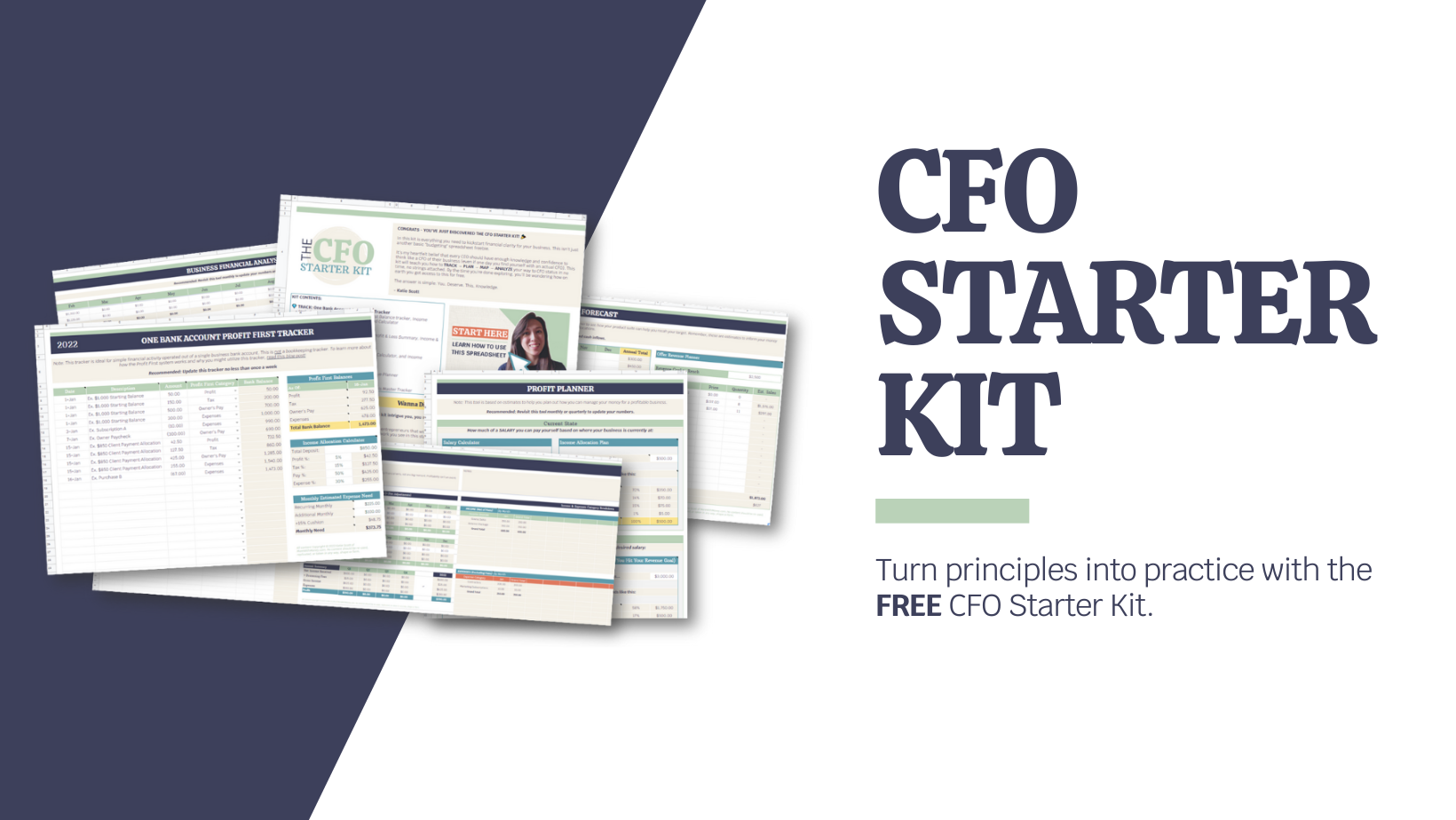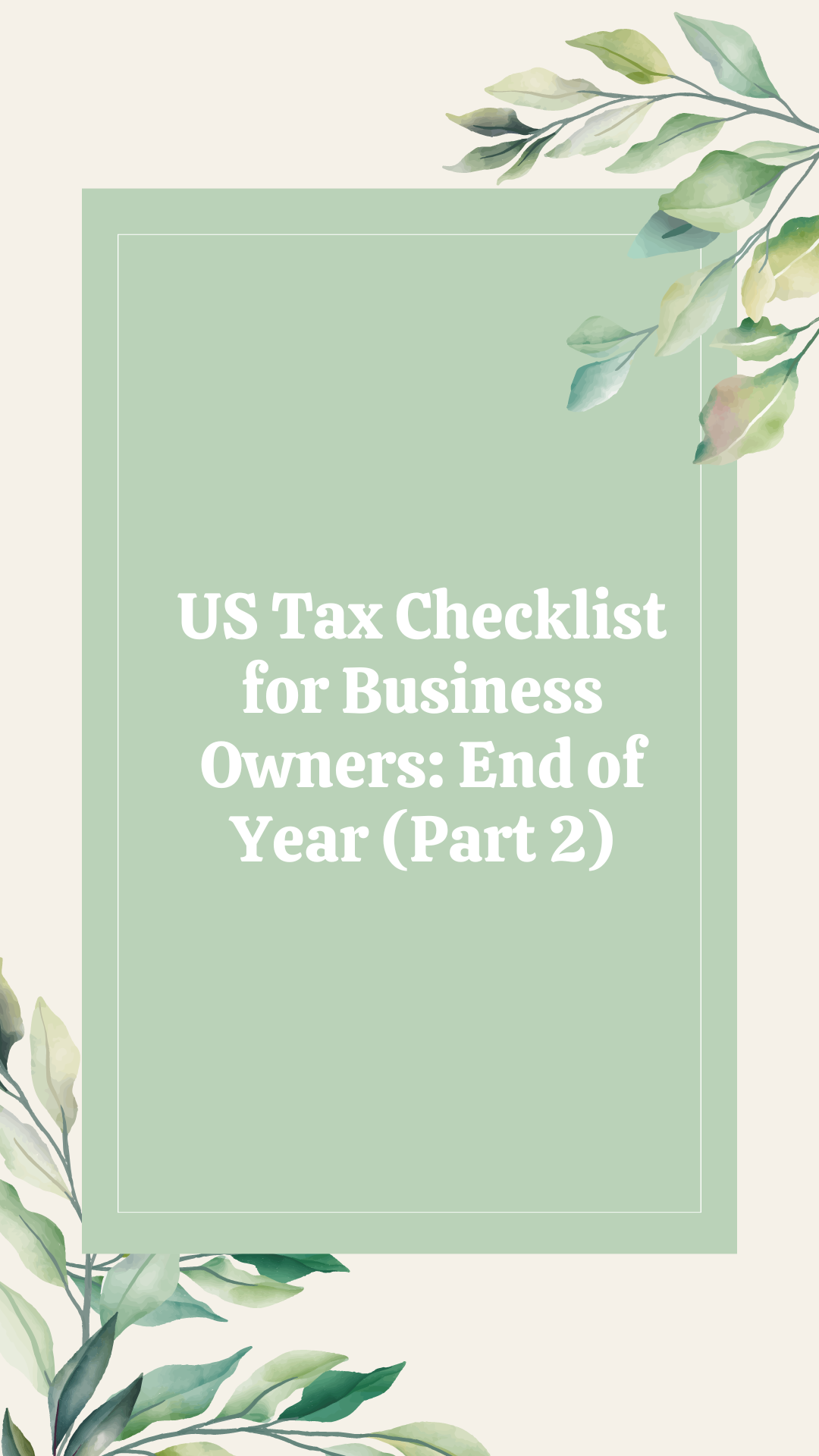US Tax Checklist for Business Owners: End of Year (Part 2)
As a business owner, what do you need to have ready at the end of the year for taxes? Understanding your tax obligations can be an overwhelming part of entrepreneurship. This post can serve as your checklist and starting point for ensuring your business is compliant for next tax season!
This is Part 2 of the Tax Prep Series!
Disclaimer: This information is intended for a general audience and does not constitute direct financial advice for your personal situation. Additionally, this post is based on United States tax law and may not be as applicable to businesses based in other countries. If you have financial questions relating to your individual business or situation, please reach out to a trusted CPA or tax preparer.
1099s for Contractors
For any contractors you pay more than $600 to throughout the year, you’ll need to prepare a Form1099 to send to them.
Read more from the IRS:
A contractor is someone that you pay “for services in the course of your business” but who is NOT considered an employee of your business. In many cases, they conduct their own business separate from yours, and they would consider you their client, not their boss. This is not always the case though, as some contractors will work exclusively with one “client” or business yet still not be an employee; be sure to read up on the differences between independent contractors and employees to be sure you’re correctly classifying anyone who does work for you.
Working with contractors typically generates fewer legal and tax responsibilities for you. However, you do still have an obligation to send any contractors you paid more than $600 throughout the year a Form 1099-NEC. This tax form essentially reports both to the contractor and the IRS how much nonemployee compensation the contractor received, allowing the contractor to accurately report their income for their income taxes and the IRS to validate what they report.
In order to file your 1099s, you’ll need some personal or company information from your contractors, which you can get by asking them to fill out Form W-9 and return it to you. Because you may not always be in communication with everyone you worked with in the prior year, you’ll want to ask for this information throughout the year, typically as soon as you agree to work together.
Note: If your contractor returns their W-9 and has indicated that they are an S Corp business entity, they do not need a 1099.
If you’ve collected all of your W-9s throughout the year, then beginning January 1 you or your accountant will be able to generate your 1099s. These must be filed with the IRS and sent out to the contractors by the end of January each year. Alternatively, a payment system like Gusto will file your 1099s for you or you can look into tools such as Track1099.com.
Read More From the IRS:
W-2s for Employees
In the way that 1099s are the forms that report to the payee AND the IRS the amount of compensation paid, W-2s are the reporting forms for employees to show how much they were paid throughout the year and how many taxes were taken out. You may be familiar with these after having received them yourself from your current or past day job(s).
Just like with 1099s, January is also the month for employee income reporting. Fortunately, most payroll companies (which you should be using if you have employees) such as Gusto or ADP will automatically generate W-2s for your employees along with Form W-3, which is the filing that goes to the IRS alongside copies of the W-2s. Otherwise, you’ll definitely want to hire an accountant to help you file accurately.
In addition, if you pay out FUTA taxes (Federal Unemployment Tax Act), you’ll also need to file a Form 940 return annually.
Read More From the IRS:
Income Tax Filing
Of course, you also have a responsibility each year to file your income tax return. This form is to report how much you earned throughout the year so that your income tax liability can be determined after accounting for deductions, credits, etc. Then, if you determine that your pre-payments (employee federal withholding and/or quarterly estimated payments) EXCEEDED how much you actually owed, the IRS will issue you a refund for the excess amount. If your pre-payments were not enough to cover it, however, then you will be writing an additional check to the IRS.
Income tax returns and payments for the prior year are typically due on April 15th (if this date lands on a weekend or holiday, then it’ll be the next business day following).
A note about extensions - You can file for an extension if you need more time, but please note that extensions to file are NOT extensions to pay. Any amount due is still due on April 15th, even if you haven’t prepared the return itself. If you get your return done later in the year and discover that you do owe taxes, you’ll be penalized with late fees. When filing an extension, always work with a professional to project what you owe so you can send a check with your extension (if it’s an overpayment, they’ll refund it to you later).
If you are a sole proprietor or an LLC (usually taxed as a sole proprietor unless you’ve elected otherwise), then you’ll be reporting your business income and expenses on your personal income tax return, Form 1040. Your business activity goes onto a specific part of this form called Schedule C.
If you are an S Corporation, then you will report your business income and expenses on Form 1120-S, which is a completely separate tax return from your personal 1040.
While many people are able to use tools such as TurboTax to DIY their returns, I always recommend working with a trusted CPA or tax preparer when it comes to business taxes as they can be more complex and nuanced with costly consequences if you mess something up.
If you are working with a tax preparer, then you’ll need to gather your bookkeeping reports to send to them. The most commonly requested forms are the Profit & Loss Statement and Balance Sheet. Some preparers may also request a General Ledger or a Trial Balance report. If you use bookkeeping software such as Wave, QuickBooks Online, or Xero, these will be easy to pull. Otherwise, at the very least you’ll need a report showing your business income and business expenses for the year. Your tax preparer may also have their own requests for documents based on your situation, so be sure to follow their instructions carefully!
Read More From the IRS:
Adjusting Entries to Your Books
This is a small note to keep in mind after the completion of your income taxes. Depending on your business situation, your tax preparer may have recommended adjustments that need to be reflected in your books so that your records match your tax reporting. These can be for a number of situations such as reclassifying transactions, accounting for additional deductions you wouldn’t have tracked in your books, closing out temporary accounts for year-end, etc.
To be honest, if you’re not an accountant, you don’t really need to know too much about this topic. I simply want you to understand that adjusting entries exist and your tax preparer should be equipped to help you with these.
So now, if they don’t send these to you after your tax return is complete, you know to ask about it! 😉 (Note: Your books may not actually end up needing these, which is fine. But better to ask and be certain it wasn’t an oversight on their part!)
If your preparer does send you their recommended “Adjusting Entries” to make to your books, they should also be able to provide you the support to enter these into whatever system you’re using. Typically, these are going to be manual journal entries for the date of December 31st. Again, lean on your preparer for support here!
Your Next Steps
If you don’t yet have an accountant to help you with your end-of-year tax filings, start researching! You don’t want to be scrambling in April to find someone at the last minute - and many self-respecting tax accountants won’t even accept new clients by that point anyway. The sooner you find support, the better.
It’s best to find an accountant that knows how things work where you live (for any local or state tax responsibilities) and will understand and respect your industry. This may mean searching for someone local or finding someone virtually, it’s up to you! My advice is to set up consultations with a few options and look for an accountant who seems:
Knowledgeable about your industry, region, and the services you need from them (payroll, income tax, sales tax, etc.)
Trustworthy, who values transparency, and honest reporting and doesn’t make sketchy promises such as guaranteeing a refund amount
Communicative, who will explain to you what they’re doing and why and take opportunities to teach you about your numbers in a way that you can understand
If you haven’t yet checked out Part 1 of this series to see what obligations you may have throughout the year, you can do so here!
Are you ready to take your financial journey to the next level? Then you may be ready to check out the More With Money Academy!
This ever-growing collection of online courses and trainings are specially designed to support entrepreneurs like you on your path to financial wellness. The Academy contains carefully designed courses that are easy to understand and implement so that you can be empowered with the practical concepts, streamlined systems, and powerful mindset to transform your business and personal finances.
Click here to explore what the More With Money Academy has to offer!
Pin for later
I'd love to continue the conversation in the comments! Feel free to share your thoughts.
Until next time!









